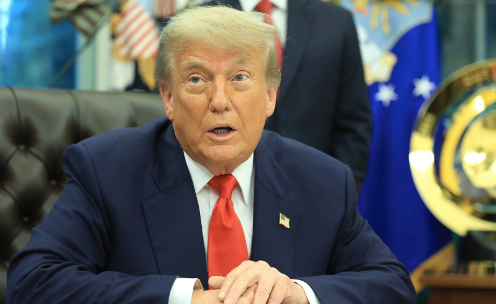
In New York, a US federal court has blocked President Donald Trump’s ‘Liberation Day’ tariffs, ruling that the president overstepped his authority. The tariffs targeted global imports with sweeping duties intended to balance trade. The ruling came after multiple lawsuits argued that Trump exceeded his powers under the emergency-powers law.
This decision has caused significant reactions as the Trump administration quickly filed an appeal, calling the ruling a ‘judicial coup’. The ruling has sparked immediate impacts on global stock markets, with Asian markets reacting positively following the court’s decision.
Analysts have noted the following key points regarding the ruling:
- While this court setback affects Trump’s trade strategy, other tax measures might offset the ruling.
- Trump’s tariffs had aimed to pressure countries selling more to the US than they buy, including tariffs on Canada and Mexico.
- The decision creates uncertainty about the future of US trade policies and may affect ongoing negotiations with allies.
The ruling highlights the limits of presidential power in imposing tariffs unilaterally and could reshape US international trade relations for the foreseeable future.


